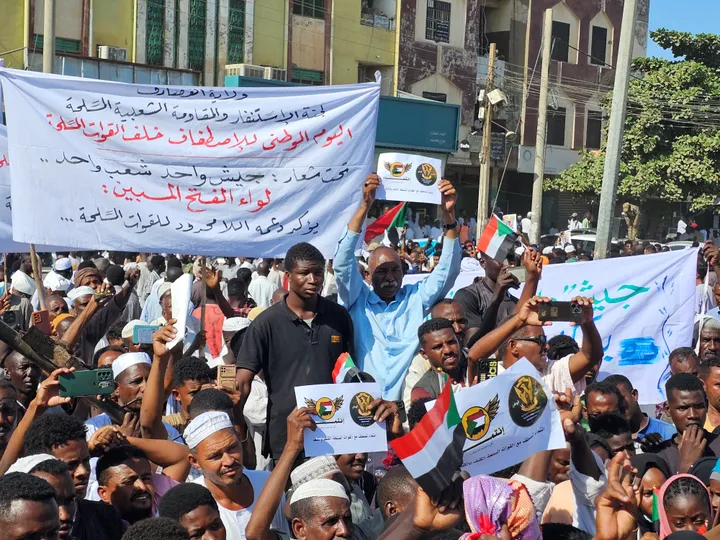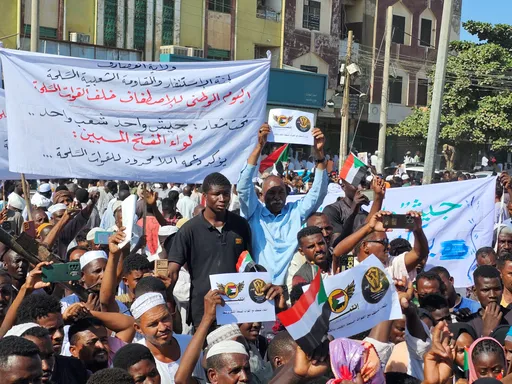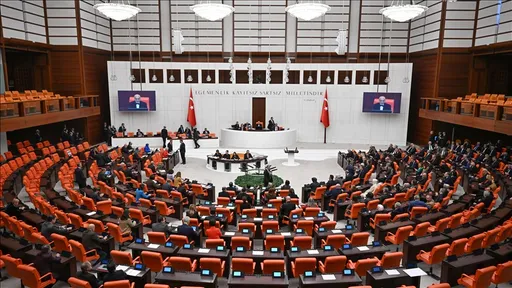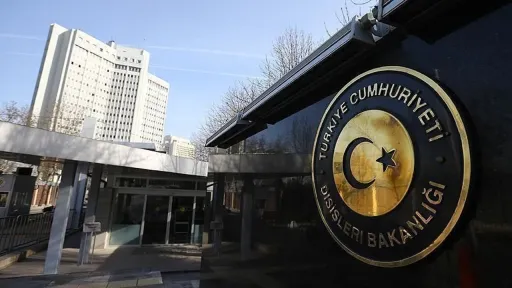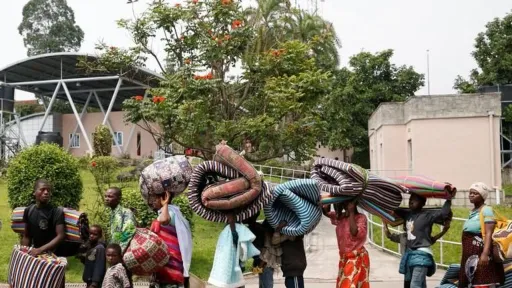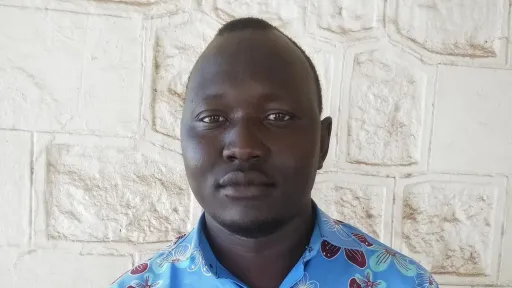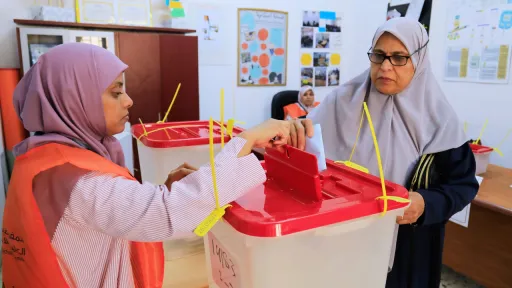By Millicent Akeyo
The Republic of Ghana is a country where warmth and wealth converge - renowned for its rich cocoa, huge gold reserves, and rich cultures that have long fascinated the world. Some call it the "Gateway to Africa."
Ghana has a landmass of 239,567 km2 bordering Cote d’Ivoire to the west and Togo to the east. It also borders the Gulf of Guinea.
With a population of about 35 million, the nation is the second-most populous in West Africa, after Nigeria which has more than 200 million people.
Accra is the capital of Ghana, the country’s largest city and the commercial hub. The country’s biggest port, the Tema port, is located about 25 kilometres from the city.
Ghana was formerly called the ‘’Gold Coast’’. It was the first country in sub-Saharan Africa to gain independence - in 1957.
One of Africa’s most prominent anti-colonial heroes, Dr. Kwame Nkrumah, successfully led the country’s struggle for independence, becoming its first president.
Following independence, the country was renamed Ghana, which means ‘Warrior King’ in the Soninke language.
Soninke is currently spoken by around two million people.
The currency was also changed from the British West African Pound to Ghanaian Cedi.
Like many African countries, Ghana has experienced coup d’etats in its political history. The last was in 1981, when Jerry Rawlings seized power from then president Hilla Limann.
However, Ghana is now respected for being one of the most stable democracies in Africa.
The country has successfully maintained peaceful elections and transfers of power between the two main political parties over the past three decades. These are the National Democratic Congress (NDC) and the New Patriotic Party (NPP), which is the current governing party.
Ghana introduced multi-party democracy following the adoption of its 1992 constitution, during the leadership of Jerry Rawlings.
Ghana has a presidential system of government. The president is elected for a four-year term. A president can only serve a maximum of two terms, whether successive or separated.
Its unicameral legislature consists of 275 elected members.
Current President Nana Akufo-Addo is due to step down in January 2025 after serving his constitutionally allowed two terms. He came to power in 2017, after defeating then-sitting President John Mahama in an election.
Akufo-Addo had promised to turn around Ghana’s economy. However, the country has witnessed its worst economic crisis in three decades, with a worsening cost-of-living crisis and unemployment sparking discontent.
Some Ghanaians have criticised the government’s economic policies, including imposing more taxes and reliance on international lenders such as the International Monetary Fund (IMF).
But the government blamed the economic crisis mainly on the impacts of Covid-19 pandemic and climate change.
At the height of the economic crisis in 2022, Ghana defaulted on its $30 billion sovereign debt. Ghana’s economy is now struggling to recover despite a $3 billion loan from the IMF.
The economic challenges dominated campaigns ahead of December 7th 2024 presidential elections.
In a dramatic turn of events, former President John Mahama from the main opposition NDC, won the elections, defeating current Vice President Mahamudu Bawumia of the governing NPP.
Bawumia quickly conceded defeat and congratulated Mahama even before the final results were announced.
"The people of Ghana have spoken, the people have voted for change at this time and we respect it with all humility," he said at a press conference.
The elections were widely hailed as another boost to Ghana’s already brilliant democratic credentials.
John Dramani Mahama, who is set to be sworn into office in January 2025, has vowed to ‘’reset’’ and build a ‘’24-hour economy’'.
In his victory speech, Mahama said Ghana must be able to meet the basic needs of its people including affordable housing, health care, food, clean water, safe work and fair wages.
“We want a Ghana that considers the well-being of all her citizens and affords them each the ability to live a life of dignity, a life of limitless opportunity,” he said.
Ghana’s major economic drivers are natural resources and agriculture.
It is Africa’s largest gold producer and one of the top globally. It is also the second largest producer of cocoa in the world after neighbouring Côte d'Ivoire.
The two West African countries supply more than 60% of world’s cocoa, a key ingredient in chocolate production.
Ghana also has vibrant cultures and people. Its cherished Kente fabric has become an international attraction.
The UN cultural agency added it to its list of Intangible Cultural Heritage, which means it must be protected and preserved under international law for the benefit of current and future generations.
Kente is a traditional textile made from hand-woven strips of silk and cotton. The centuries-old attire is deeply rooted in Ghanaian culture, particularly among the Asante, Akan, and Ewe people.
There are more than fifty ethnic groups across Ghana’s ten regions, each with its uniquely spectacular culture and delicacies.
Ghana’s national flag, which replaced British colonial flag after independence, represents Pan-Africanism and national pride. Red represents the blood of those who died in the country's struggle for independence.
Gold represents the mineral wealth, while green symbolises rich forests and agriculture. The Black Star stands for the lodestar of African Freedom.
Football is a national pastime in Ghana. The national team, known as the Black Stars, were named after the star on the flag.
The Black Stars have been participating in international tournaments for decades, winning trophies, but also facing setbacks.
Despite its ups and downs, Ghana remains a resilient country, blending traditional values with modern aspirations in its economic, political and social landscape.
➤Click here to follow our WhatsApp channel for more stories.


